In every household, managing medications is a crucial yet often overlooked aspect of maintaining a healthy lifestyle. The way we store, use, and dispose of medicines can significantly impact our well-being and the environment. From expired pills lurking in bathroom cabinets to the essential drugs we should always have on hand, proper pharmaceutical management requires attention to detail and a proactive approach.
The Hidden Dangers of Expired Medications
Many people assume that taking an expired pill or syrup is harmless—perhaps just slightly less effective. The reality, however, is far more concerning. Over time, chemical compounds in medications break down, leading to unpredictable changes in potency and composition. What was once a life-saving drug could transform into a toxic substance or simply become inert. Antibiotics, for instance, may lose their ability to fight infections, while degraded painkillers might deliver inconsistent relief.
Beyond personal health risks, improper disposal of expired medicines creates environmental hazards. Flushing pills down the toilet or tossing them in the trash contaminates water supplies and soil. Traces of pharmaceuticals have been detected in drinking water systems worldwide, contributing to antibiotic resistance and ecosystem disruption. The solution lies in community take-back programs, where pharmacies and hospitals collect old medications for professional incineration. When such programs aren't available, mixing drugs with undesirable substances like coffee grounds or cat litter before disposal can deter accidental consumption.
Building a Smart Home Pharmacy
A well-stocked medicine cabinet differs dramatically from random accumulations of half-used prescriptions. Thoughtful organization begins with separating medications by purpose—first aid, chronic conditions, and common ailments—while considering family members' specific needs. Clear plastic bins with labels prevent mix-ups, and temperature-sensitive items belong in cool, dry spaces away from humidity. The refrigerator door might seem convenient, but constant temperature fluctuations from opening and closing make it unsuitable for most drugs.
Digital tools have revolutionized medication management. Smartphone apps now send expiration alerts and dosage reminders, while some advanced pill organizers feature built-in timers. For households with children or elderly members, locking mechanisms are non-negotiable. The U.S. Consumer Product Safety Commission reports that approximately 50,000 young children visit emergency rooms annually due to accidental medication ingestion—a preventable tragedy with proper storage.
Essential Medications Every Household Should Have
While specific needs vary, certain medications prove universally valuable. Pain relievers like acetaminophen and ibuprofen address everything from headaches to fever, though their differences matter—ibuprofen's anti-inflammatory properties help with muscle aches, while acetaminophen is gentler on stomachs. Antihistamines combat allergic reactions, and hydrocortisone cream soothes skin irritations. No home should be without basic first-aid supplies: adhesive bandages, antiseptic wipes, gauze pads, and medical tape form the foundation of emergency care.
Seasonal considerations also play a role. Winter months demand cough suppressants and decongestants, while summer calls for aloe vera gel and electrolyte solutions. Families with infants require pediatric formulations, and pet owners should maintain a separate veterinary-approved kit. The key lies in regular audits—checking quantities every three months prevents frantic midnight pharmacy runs. Surprisingly, many households overlook simple items like thermometer batteries or spare epinephrine auto-injector caps, rendering critical tools useless when needed most.
Special Considerations for Chronic Conditions
For individuals managing diabetes, hypertension, or other ongoing health concerns, medication management becomes a lifeline. Pill organizers with AM/PM compartments help track complex regimens, and travel-sized kits ensure continuity during trips. However, the biggest challenge often involves insurance refill schedules not aligning with actual usage rates, creating either dangerous shortages or problematic stockpiles. Some forward-thinking patients maintain "emergency reserves" of vital drugs, accounting for natural disasters or supply chain disruptions—a practice gaining traction after pandemic-related shortages.
Communication with healthcare providers transforms medication management from guesswork to precision. Many patients hesitate to disclose alternative therapies or supplement use, creating potential interaction risks. Pharmacists represent an underutilized resource; medication therapy management (MTM) sessions, often covered by insurance, provide personalized reviews of all prescriptions, over-the-counter drugs, and herbal products. These consultations frequently reveal cost-saving opportunities through therapeutic alternatives or generic options.
The Future of Home Medication Management
Technological advancements promise to revolutionize how we handle household pharmaceuticals. Smart packaging with color-changing expiration indicators already exists in some markets, while experimental RFID-tagged bottles transmit usage data to physicians. Environmental concerns are driving innovation in drug disposal too, with biodegradable packaging and take-back kiosks appearing in supermarkets. Perhaps most intriguing are home compounding devices that mix precise doses from bulk medications—a concept being tested for remote communities.
Despite these developments, the human element remains irreplaceable. Creating medication schedules that align with daily routines, understanding potential side effects, and recognizing when professional help is needed—these skills form the bedrock of responsible pharmaceutical stewardship. As healthcare increasingly shifts from hospitals to homes, our medicine cabinets are becoming the front lines of preventative care. Treating them with the seriousness they deserve might be the simplest yet most impactful health decision we make.

By /May 21, 2025

By /May 21, 2025

By /May 21, 2025

By /May 21, 2025

By /May 21, 2025

By /May 21, 2025

By /May 21, 2025

By /May 21, 2025

By /May 21, 2025
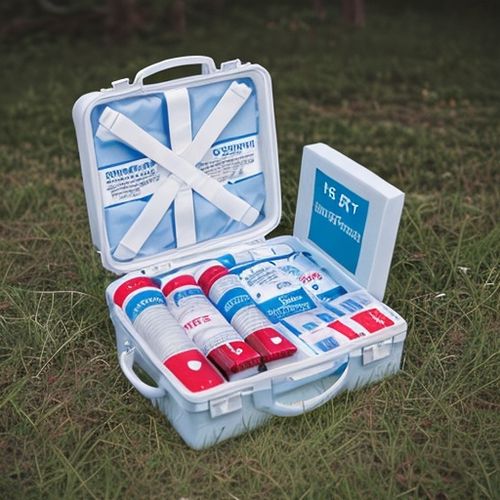
By /May 17, 2025
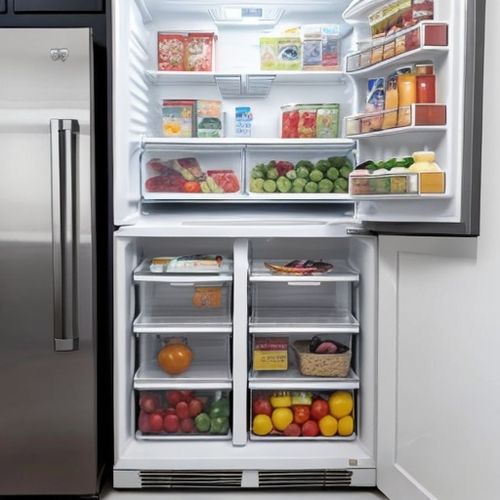
By /May 17, 2025

By /May 17, 2025
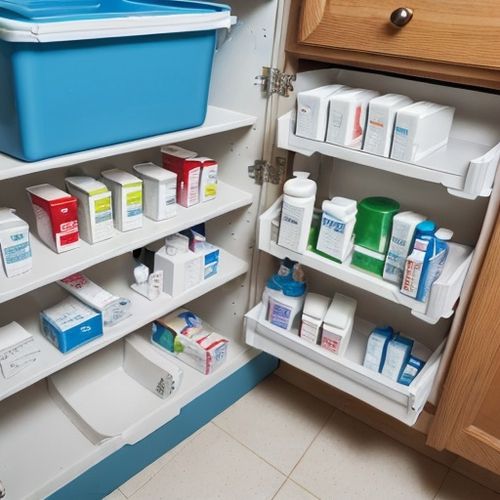
By /May 17, 2025

By /May 17, 2025

By /May 17, 2025

By /May 17, 2025
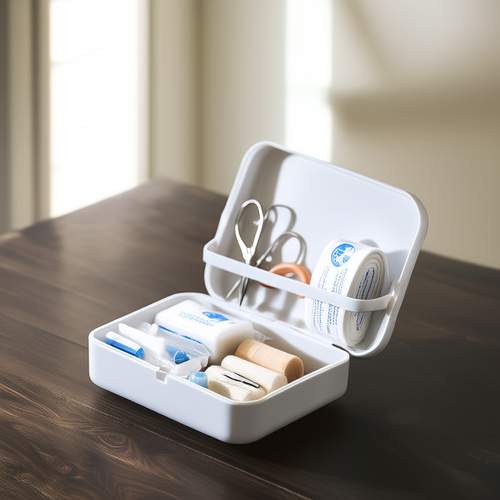
By /May 17, 2025
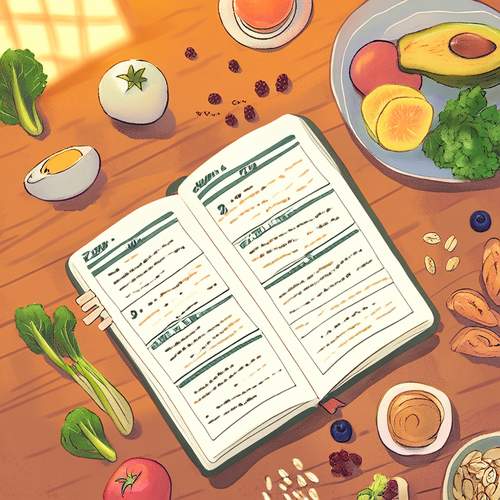
By /May 17, 2025
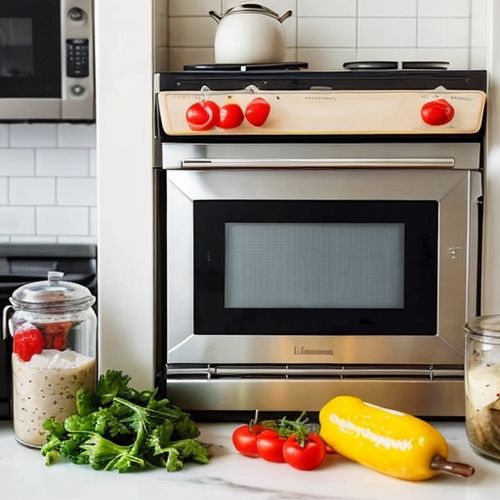
By David Anderson/Apr 29, 2025